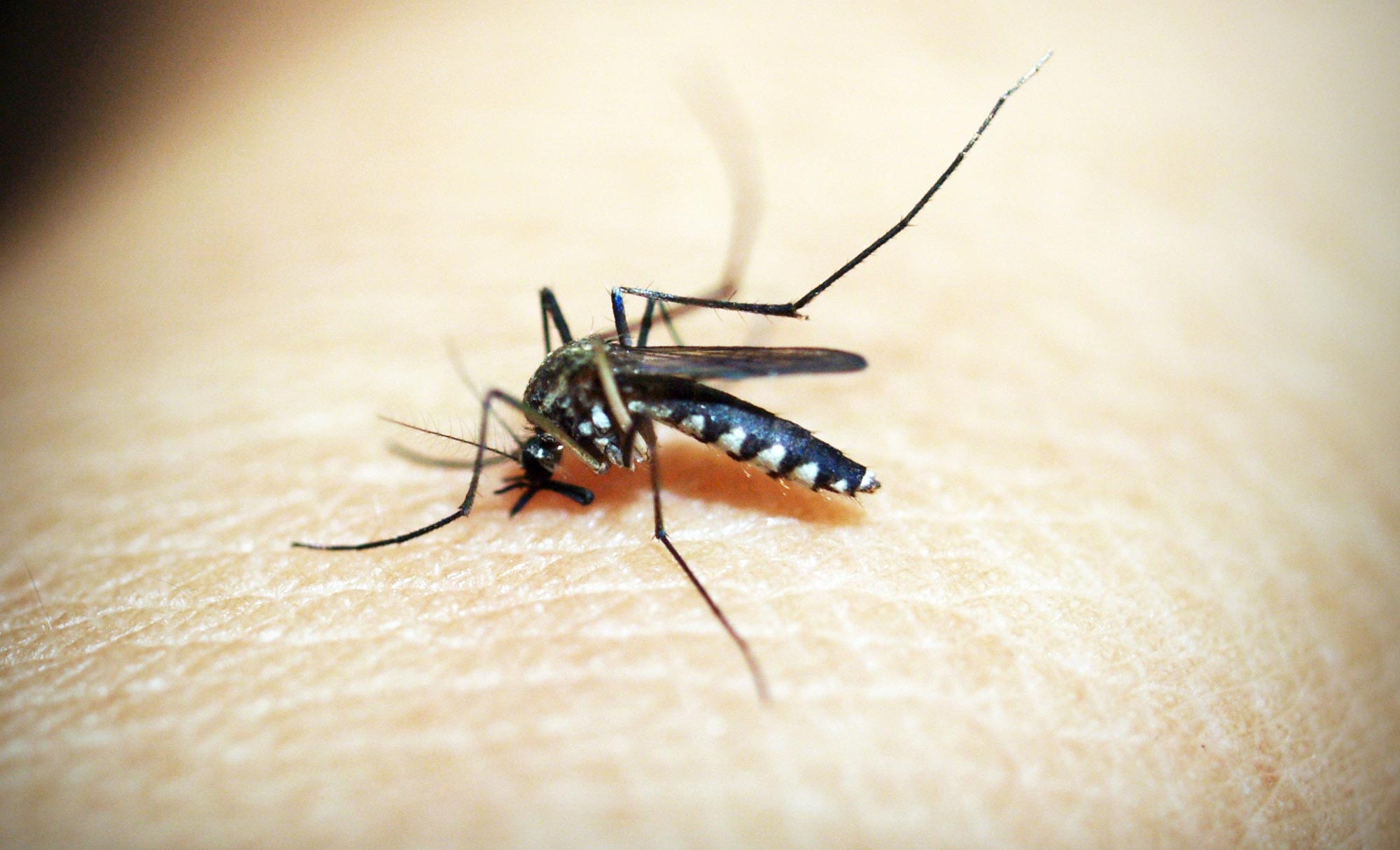
Chlamydia and male fertility
Chlamydia has been previously been associated with women’s infertility, but research has found undiagnosed STIs in males can also impact their fertility.

Chlamydia has been previously been associated with women’s infertility, but research has found undiagnosed STIs in males can also impact their fertility.

There have been studies linking DNA damage in a man’s sperm and recurrent miscarriage, and a recent study coming out of the

The food you eat can help increase the health of sperm, and if you’re looking to improve chances of pregnancy, you might

It has been well documented that oxidative stress damage can have a significant effect on sperm, negatively impacting a man’s fertility.

Healthy lifestyle changes are always encouraged on a fertility journey, and research is highlighting the importance now more than ever.

Men looking to provide a sample should abstain from sexual activity for a certain time period.

While your fertility journey may leave you frustrated, you may wonder if your diet can improve your chances. The short answer is

Scientists have now been able to gain a greater understanding of the pain mechanisms involved with endometriosis.

The vast majority of Zika infections are not contagious from person to person, however it may be transmittable during sex or pregnancy.
Every story written here comes from Fertility First's Research Team, a group of scientists that doesn't just talk about the science behind fertility and reproduction, it lives and breathes it. Staffed by the doctors and scientists working behind the scenes at Fertility First, this team of dedicated embryologists, andrologists, and fertility experts collectively has over 40 years experience in the field.
As a Doctor-owned Medical Practice, our fertility and IVF treatment costs do not need to cover overheads and/or shareholder dividends, all of which have to come out of the income derived from patients’ treatment cycle fees at other fertility clinics in Sydney.
From the 1st October 2022, the NSW Government announced a rebate of $2,000 in OOP expenses for all eligible patients. Fertility First is pleased to support the NSW Government’s fertility rebate at our Sydney fertility clinic.
Fertility First is privately owned, which means we can place more focus on our patients. We offer a holistic approach to fertility and believe that it’s important to minimise the invasiveness of the fertility testing process and only carry out the necessary investigations, maximising your chance of a successful outcome. We offer extensive preliminary fertility testing, including Halosperm Assay.
We were one of the first Sydney fertility clinics to offer a donor sperm and donor egg program, thanks to our partnership with Central IVF.
Choosing the right fertility clinic in Sydney is a very important decision. You should consider factors like success rates, clinic location and appointment times, fertility treatment costs, repor with the Fertility Specialist and what treatment options are available.
Yes. We offer a range of fertility testing for both males and females. We aim to have fertility test results back within 2 to 3 weeks, which means, unless any assessment of the fallopian tubes is required, fertility treatment options can then be considered.
Yes. Fertility First offers a range of fertility treatments that are suitable for same sex couples and singles, including our donor sperm program. See our fertility treatment page for a full guide.
Yes. In order to assist you with a Medicare rebate for your fertility treatment, you will need a current referral to Fertility First.
Note: GP referrals are valid for 12 months, and specialist referrals are valid for 3 months.
Yes. IVF treatment is offered to suitable patients after preliminary testing.